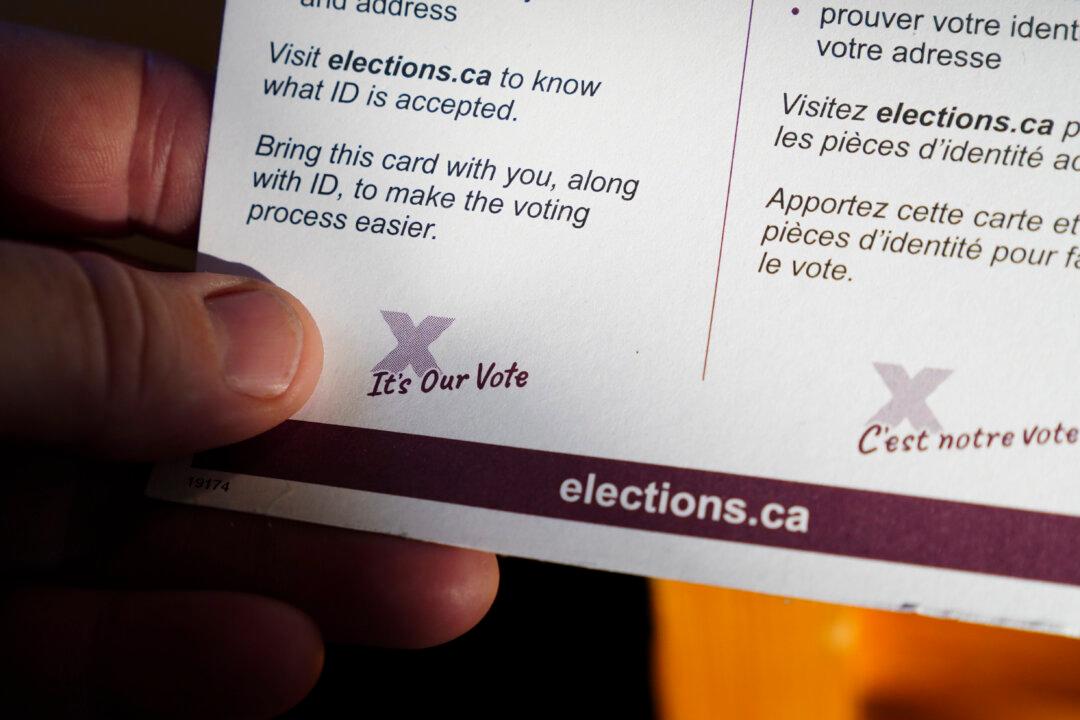Chinese state-run media and pro-Beijing actors published disinformation narratives on various platforms in what was likely a “coordinated influence operation” targeting Chinese Canadian voters in the 2021 Canadian federal election, says an organization specializing in exposing disinformation.
DisinfoWatch, which monitors and exposes foreign disinformation activities in Canada, reported in September that the Chinese Communist Party (CCP) and its affiliated entities targeted Chinese-Canadian voters and federal candidates from the Conservative Party during the 2021 federal election.





